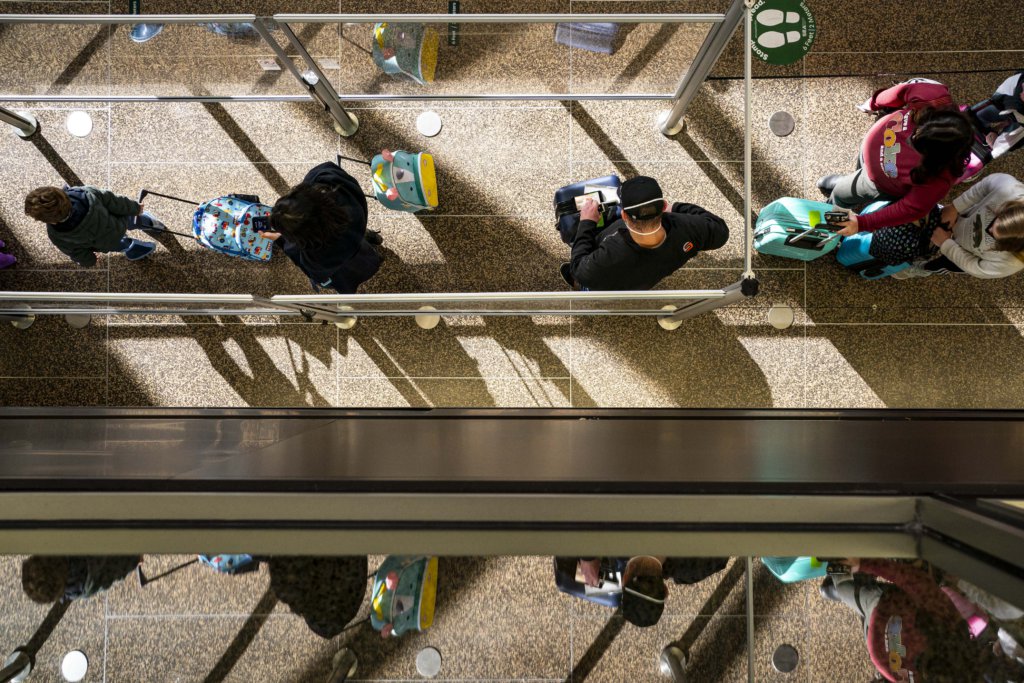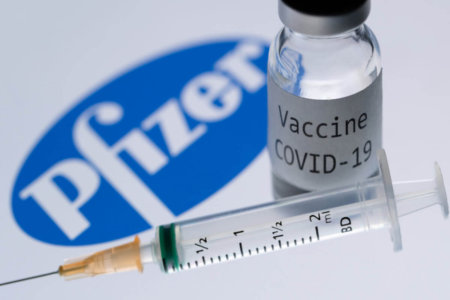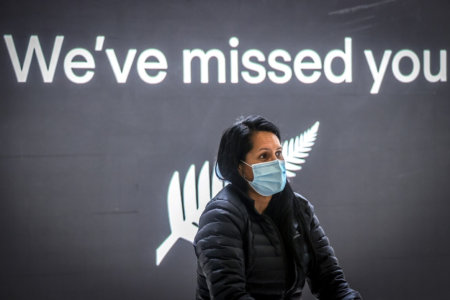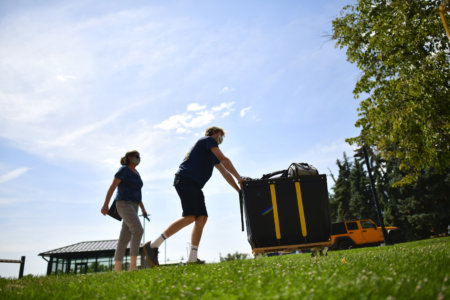
New QS research has shown that international students are keen to start their studies abroad earlier with a COVID-19 vaccine on the horizon. Since new vaccines have proven promising levels of efficacy, governments around the world are rolling out plans to introduce them in early 2021, thus restoring confidence among students who want to attend university overseas.
QS surveyed 887 prospective international students from China, India, Pakistan, the UK, the US, and more. A total of 21% of respondents said the introduction of a potential COVID-19 vaccine has made them consider bringing their study abroad plans forward. Though this displays a promising trend, 43% expressed no desire to change their plans just yet. Some are holding out until vaccine availability is confirmed, while others assume things will return to normal in 2021 — which is when they plan to resume studies, anyway.
“While some universities didn’t suffer the reduction in international students at the start of the academic year that many had feared, a significant proportion of current international students didn’t travel to their study destination of choice due to either a lack of face-to-face teaching provision or travel restrictions,” QS managing director Jessica Turner explains. “A COVID-19 vaccine will be able to significantly tackle both of these obstacles for prospective students planning to study abroad, which is encouraging news for the future of global higher education.”

News of a potential COVID-19 vaccine may soon have international students lining up to kickstart their study abroad plans. Source: David Ryder/Getty Images/AFP
COVID-19 vaccine: What does it mean for international higher education?
COVID-19 has thrown universities around the world into unchartered territory as they had to cope with the loss of international students. Students have had to defer or cancel study plans because travel restrictions seemed to have no end in sight. With news of a COVID-19 vaccine coming soon, they may soon begin to plan to go overseas again, which will reinvigorate the international higher education sector in 2021.
On a related note, the long-awaited return of 63 students to Charles Darwin University on Nov. 30 signals that Australia — one of the world’s top international higher education markets — is beginning to open up. Students are also lining up to go back to their universities in Canada, where institutions with approved COVID-19 preparedness plans may reopen campus. Introducing a vaccine in this environment would spur action plans to bring students back and resume face-to-face instruction in the 2021 academic year.
Incidentally, several key leaders in the search for the COVID-19 vaccine are immigrants themselves. This includes Moderna chairman Noubar Afeyan and Pfizer CEO Albert Bourla, who came to the US from Lebanon and Greece respectively. The couple helming BioNTech are Turkish immigrants in Germany. Their efforts have contributed positively towards the widespread understanding of global knowledge-and-skills exchange, which sits at the crux of international higher education.










